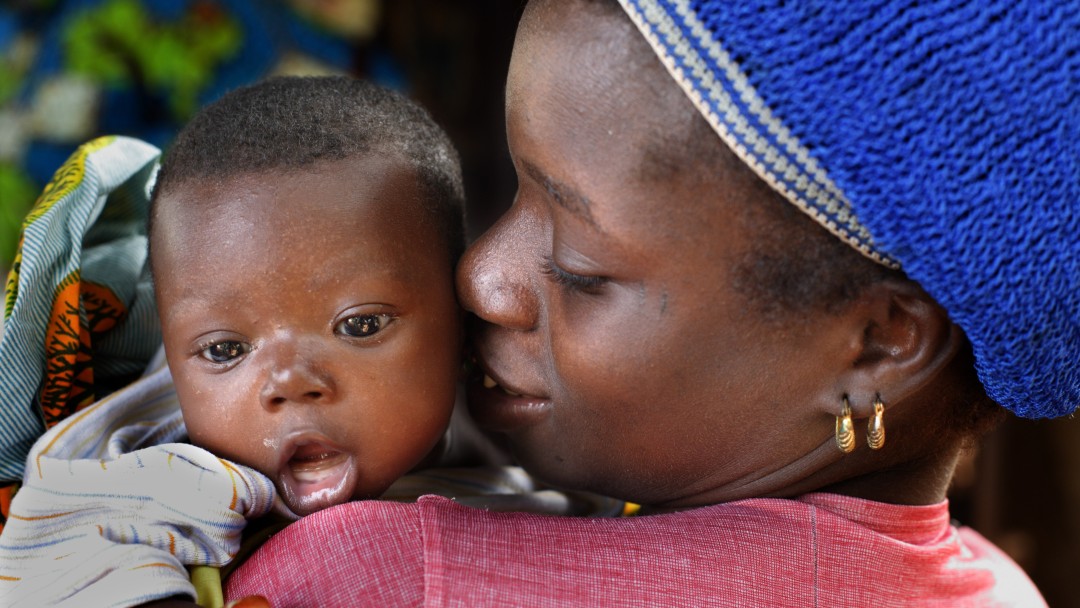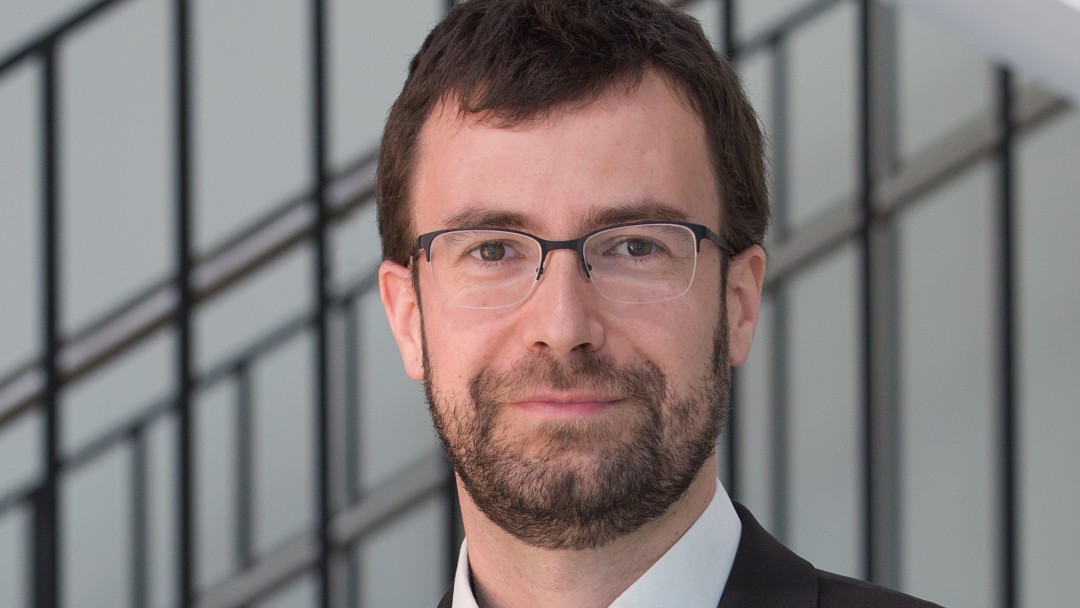News from 2019-11-11 / KfW Development Bank
Demographic change and sexual health in West Africa: AFD and KfW - a functioning relationship
Author: Xavier Frison, AFD

The French Agence Française de Développement (AFD) and KfW have mutually recognised one another's procedures and have structured their cooperation efficiently and in line with goals – to the benefit of the people in the partner countries.
How, for example, can the purchase and distribution of contraceptives be optimised in West Africa? Here, the AFD is building on the experience of KfW, which has been involved in family planning and sexual health in six countries since 2012 in cooperation with the West African Health Organisation (OOAS, Organisation Ouest Africaine de la Santé). In 2017, AFD launched the DEMSAN Project in Burkina Faso, Mali and Niger. It aims to strengthen OOAS in demographic, sexual and reproductive health issues and to empower civil society to assume responsibility and take action through information campaigns. The project – with OOAS as the project executing agency – is thus a response to the huge challenge of demographic change in Sub-Saharan Africa in the 21st century. The strong population growth (+2.4% per year, which will double by 2050 and possibly triple in the Sahel region) raises the question of the development prospects for the countries of the region in view of the economic, social and environmental pressures they face.
Knowledge sharing
Critical aspects in the project included the procurement and distribution of contraceptives in the three project countries. Here AFD turned to its reliable partner in Germany, which had already been gathering valuable experience since 2012. “We drew on KfW's expertise in procurement and distribution within the regional programme with OOAS. We wanted to make a contribution to financing where the need was greatest - and this was in Mali,” says Sylvie Bourdenet, project manager in the area of health and social protection at AFD and responsible for the DEMSAN project.
Almost 20 years ago, the two institutions concluded an agreement to mutually recognise procedures and delegate tasks (Mutual Reliance Initiative - MRI). Since a KfW family planning project in West Africa was already under way at that time and will continue to be financed until around 2023, genuine co-financing was not possible. “For the time being, we are only providing financing in parallel,” confirms Julien Morel, Sylvie Bourdenet's counterpart at KfW. “AFD co-finances two “pillars” in our programme, namely the procurement of contraceptives and capacity building in government institutions and non-governmental organisations”.

Moving forward together
“There is no competition between us here, quite the opposite,” the French expert notes – who, by the way, didn't come from AFD. But of course not everything is perfect. Julien Morel laments that AFD intervenes only in the French-speaking countries in the programme area, while KfW - consistent with the recommendation of the OOAS - distributes support that is “linguistically balanced” among the six countries Benin, Burkina Faso, Ghana, Guinea-Bissau, Niger and Sierra Leone. There is also work to be done to improve the efficiency of the organisation – for example, consideration is being given to merging the two project management units into a single unit. The key: donors and OOAS are in constant dialogue, are working on a common strategy and are trying to leverage synergies.
The implementation of a truly joint project could lead to streamlined procedures in other areas, such as disbursement: “We are more complicated in this regard,” says Julien Morel with a smile. “OOAS would like the disbursement process to be as smooth as it is in the AFD!”
There's been a success story in the meantime: since 2017, the Gates Foundation and the Netherlands have also been involved in population development and sexual health in West Africa. “Since 2012, we have been able to supply four million couples with contraceptives over a period of one year,” Sylvie Bourdenet and Julien Morel proudly point out - in unison.

Share page
To share the content of this page with your network, click on one of the icons below.
Note on data protection: When you share content, your personal data is transferred to the selected network.
Data protection
Alternatively, you can also copy the short link: https://www.kfw-entwicklungsbank.de/s/enzBWrMC.CGiA
Copy link Link copied